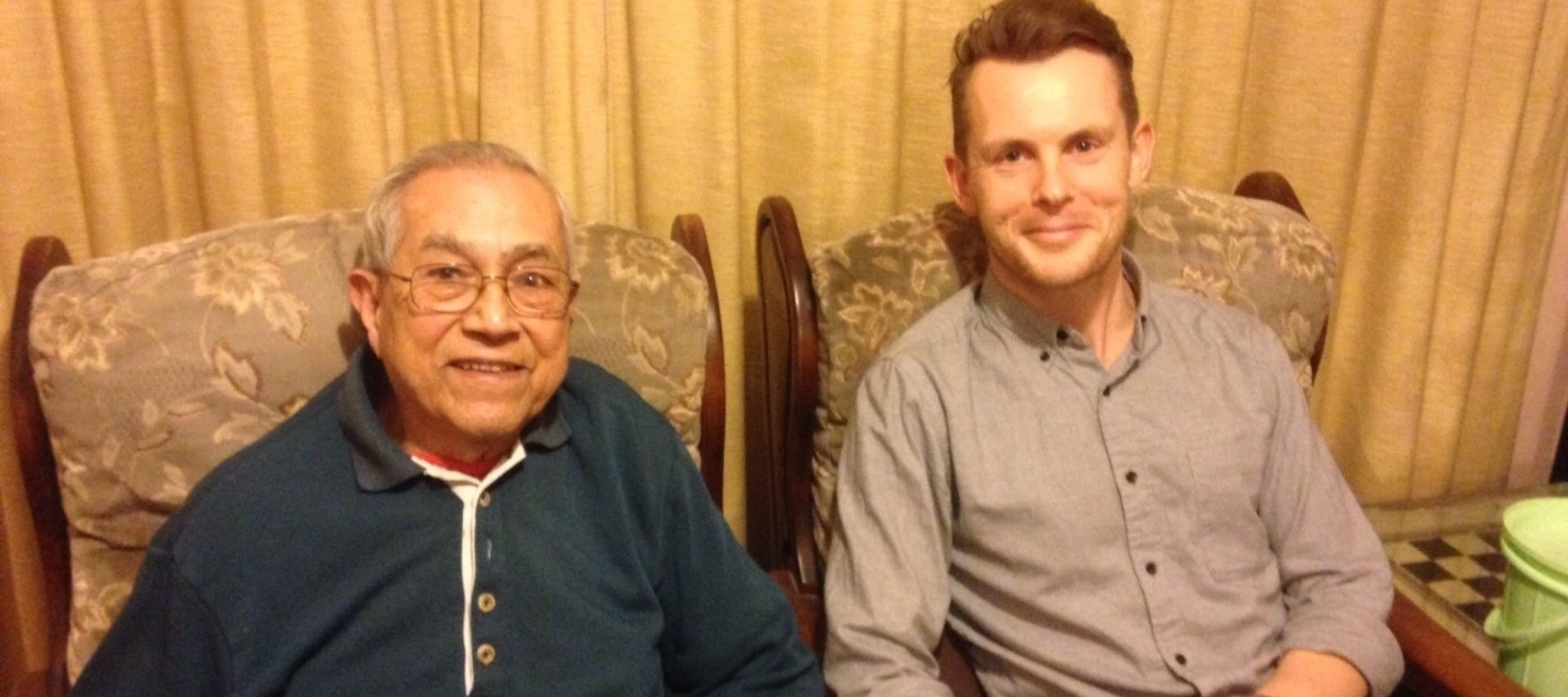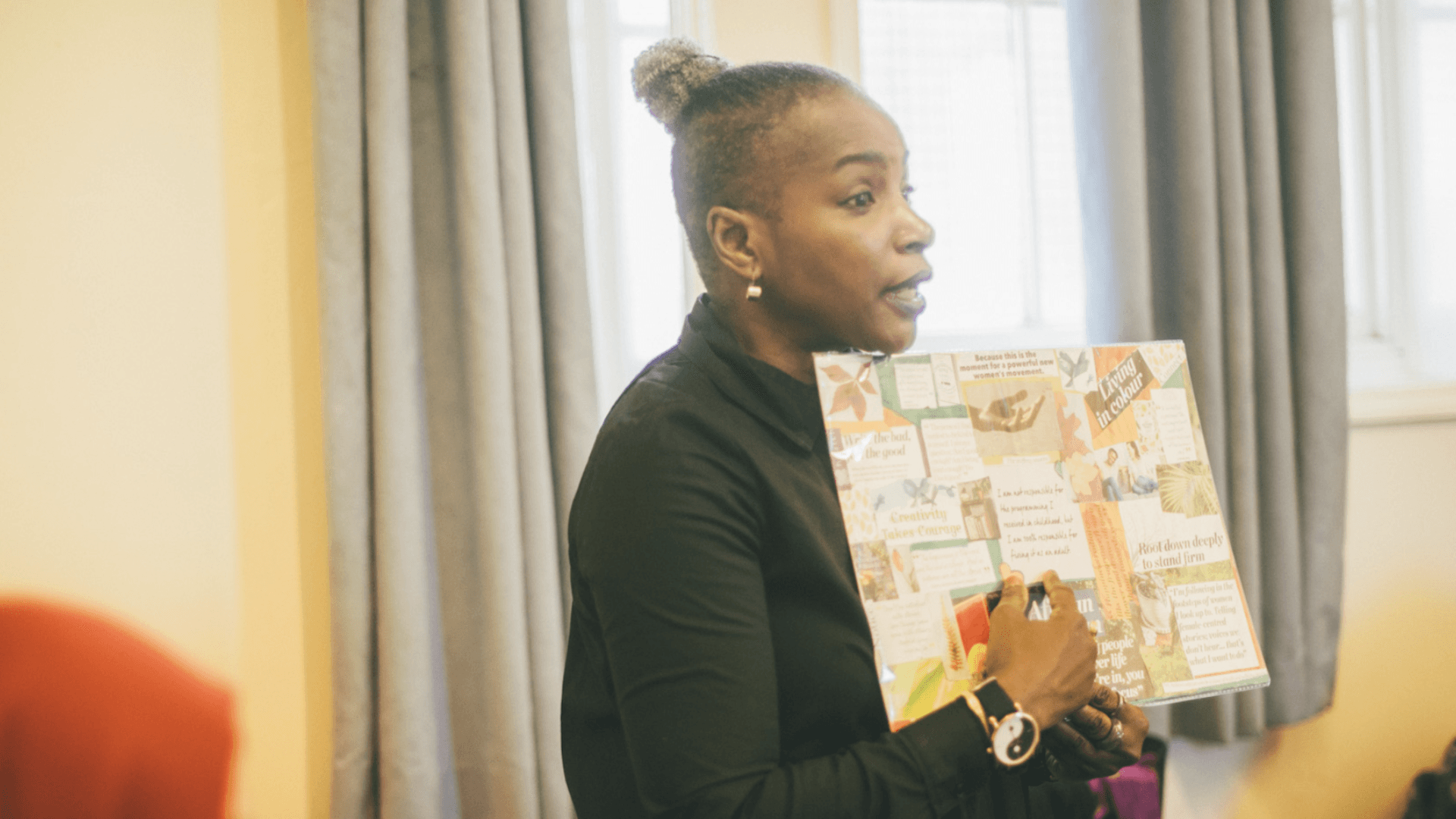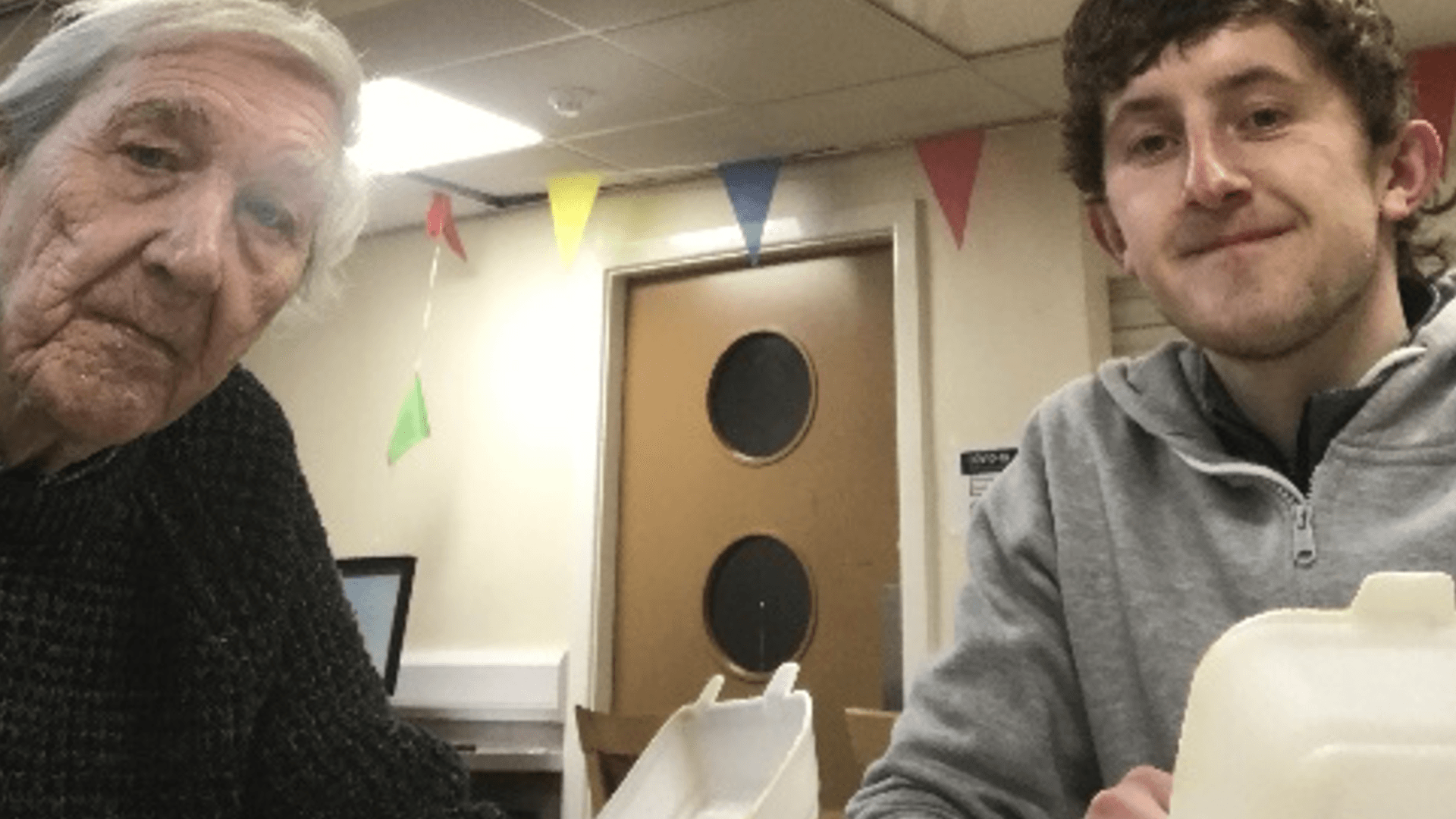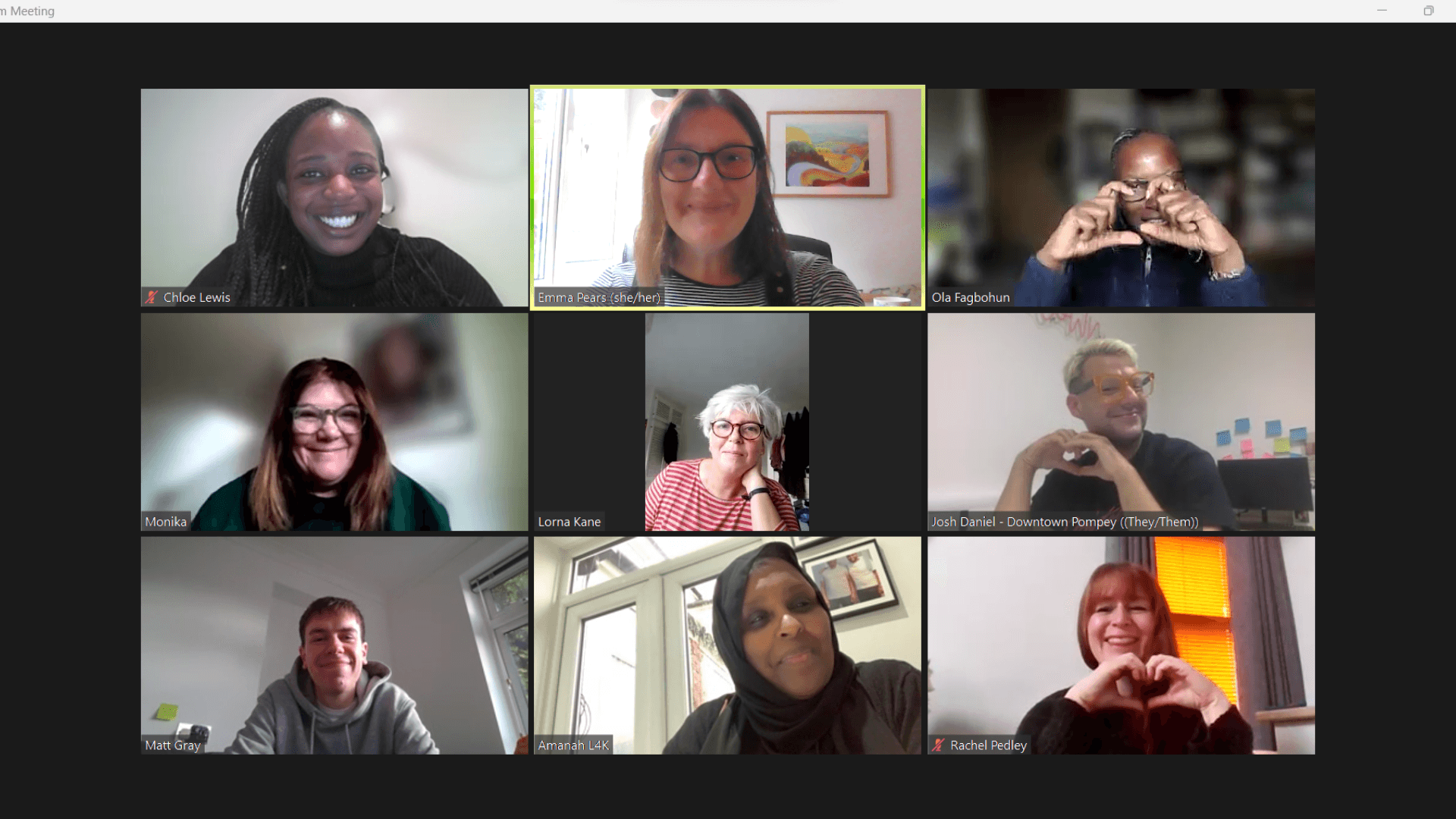
Places to go, people to see
Posted by The Cares Family on 3rd May 2018
Please note: this post is 91 months old and The Cares Family is no longer operational. This post is shared for information only
Many people are surprised when they learn that young people – and particularly young professionals in our amazing cities – are amongst the loneliest in the country. Surely they're busy enjoying everything our cities have to offer: culture with friends, new people from all over the world, a vastness of things to do and people to see?
The reality, however, is that while people over the age of 75 are the loneliest age group in the UK, it's people from 21 to 35 who are the second loneliest.
For older people, retirement, decreasing mobility, and friends passing on can all contribute to a feeling of being left out. For younger people, it can be social media, professional expectations, transience and a lack of community.
So in recent articles in the news, it's been interesting to see an increasing understanding that, as Jo Cox said, "young or old, loneliness does not discriminate". And it's been especially interesting to see a new focus on how, in our changing economy and our changing neighbourhoods, more and more people are understanding that loneliness is an issue to take seriously – for individuals, young and old, for communities and for our public services.
A new article in Prospect magazine demonstrates those trends particularly powerfully. Focusing on newly published Office for National Statistics data it shows that two of the loneliest groups are "widowed older homeowners living alone with long-term health conditions...and younger renters with little trust and sense of belonging to their area".
The article continues:
"The explanation may lie in how this younger generation relates not only to their housemates, partner or colleagues, but the place they live. Only 25 percent of them felt they could trust their neighbours, 70 percent of them lived in the 50 percent of most deprived areas or neighbourhoods and 55 percent said they belonged to their neighbourhood 'not very strongly' or 'not at all.'"
These statistics underscore what The Cares Family have been highlighting for seven years – and how the trend towards loneliness is increasing, especially in our biggest, rapidly changing cities.
But there is hope.
Studies of The Cares Family's model have shown that, by being part of our Social Clubs, Love Your Neighbour friendships, Outreach and Community Fundraising programmes, 73% of older people say their isolation is reduced. 81% of older people say they feel better connected to others. 86% say their appreciation of the world has improved. Older people who are involved generally feel happier, that they have more people around they can rely on, and that they feel closer to their community.
And the feeling is mutual.
98% of younger people involved say they have a greater connection to the community as a result of being part of The Cares Family. 98% say they've been able to contribute in a way they otherwise would not. 97% say that they are more able to appreciate older people as a result of their interactions with older neighbours.
These results are built on a mutual model of younger and older people sharing time, laughter, new experiences and friendship in informal settings which help everyone to feel part of their rapidly changing cities, rather than feeling left behind by them. That mutuality is fundamental – for us, no one is a 'client' receiving a 'befriending' service. Rather, everyone is a 'neighbour' – with stories, personality and power to share.
In Manchester, south London and north London the generations are coming together, and helping one another to feel that they really do have places to go, and people to see.


